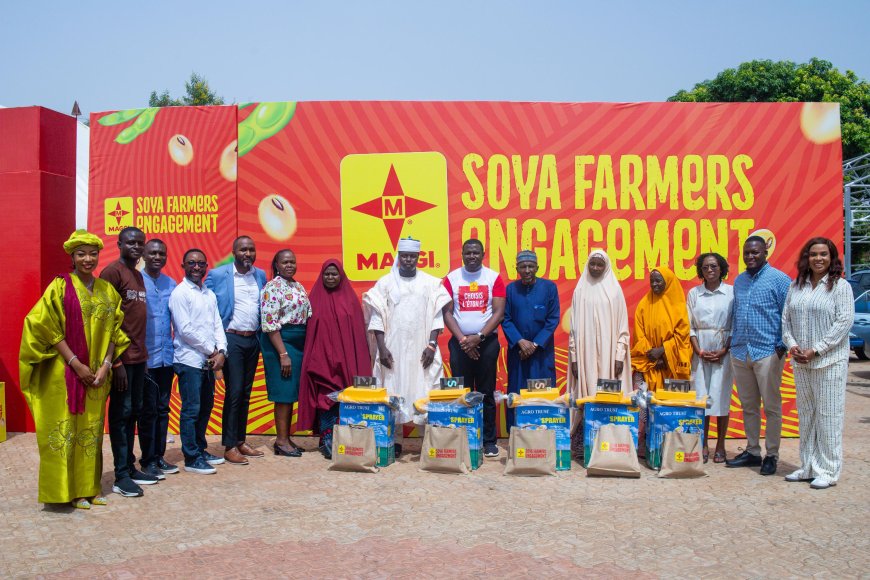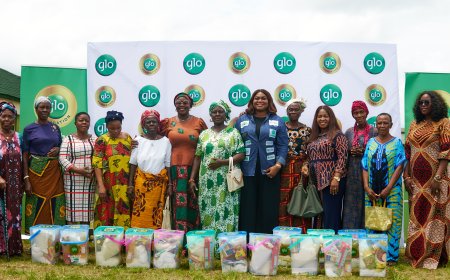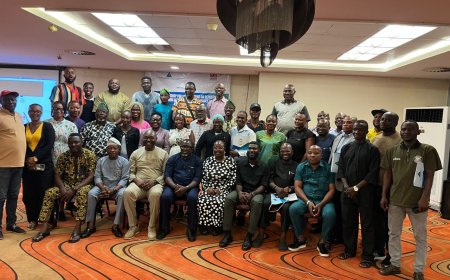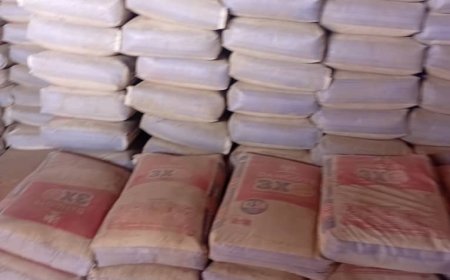The Scent of Soil: How a Single Spice Block Revolutionized 1,000 Nigerian Farms
The Scent of Soil: How a Single Spice Block Revolutionized 1,000 Nigerian Farms

The harmattan wind used to carry dust and despair across Mama Bola’s four acres in Oyo State. For twenty years, she had watched her soil, the only inheritance she could leave her children grow tired. Her soybean yields were shrinking, her debts were rising, and the once-rich earth beneath her feet felt less like a cradle and more like a grave. She was feeding Nigeria’s hunger, but at the cost of her own land’s life.
Then came the new whispers, not of rain, but of Regenerative Agriculture.
It began with MAGGI, the spice cube that had been a silent fixture in her kitchen for decades. Through Nestlé Nigeria's initiative, MAGGI wasn’t just looking for soybeans; it was looking for a partnership with the soil itself. Mama Bola and over a thousand other smallholder farmers were introduced to an ancient wisdom wrapped in modern science: farming not to extract, but to restore.
The Quiet Revolution Beneath the Surface
The change wasn't dramatic, like a sudden downpour, but quiet, like the steady creep of dawn. Mama Bola learned to use cover crops plants that knit the soil together, shielding it from the sun and rain. She practiced minimum tillage, letting the earth breathe and allowing vital organisms to thrive beneath the surface.
The results were an unfolding miracle:
A Living Soil: The tired earth grew darker, richer, and more sponge-like, better able to hold the precious rains. The focus on Soil Health meant the land was no longer just a commodity; it was a flourishing ecosystem.
The Reward of the Harvest: Mama Bola’s soybean yields improved, climbing higher than they had in a decade. This wasn't a temporary boost; it was a sustainable return on her investment in the land.
A Brighter Future: The increased productivity translated directly into Enhanced Livelihoods. She cleared old debts, paid school fees, and for the first time, looked at her land with hope, not exhaustion.
As Toju Egbebi, Corporate Affairs Manager at Nestlé Nigeria, explained, this pilot was a crucial step in localizing the MAGGI supply chain. The beans that now flavour Nigeria's favorite meals are grown with a conscience, symbolizing the brand's commitment to responsible sourcing "from farm to table."
Mama Bola now knows that every time she crumbles a MAGGI cube into her stew, she is tasting not just the flavour of soybeans, but the sweet scent of her own healing soil, a soil that promises a bounty for her children and generations to come. Her story, and the story of those thousand farmers, is a testament that the most profound change begins not with a loud declaration, but with a quiet commitment to the earth.
What's Your Reaction?













































 The Chairman and Chief Executive Officer of Adron Homes and Properties Limited, Aare Adetola Emmanuelking, has congratulated the Government and people of Oyo State as the state marks its 50th anniversary, describing the occasion as a celebration of resilience, cultural pride, and sustained progress.
The Chairman and Chief Executive Officer of Adron Homes and Properties Limited, Aare Adetola Emmanuelking, has congratulated the Government and people of Oyo State as the state marks its 50th anniversary, describing the occasion as a celebration of resilience, cultural pride, and sustained progress.



